Introducing Sapota Ashes a natural and unique product sourced from the Kuntanawa tribe.
Sapota ashes, a key ingredient in the production of Rapé, represent a sacred and revered aspect of indigenous Amazonian culture. Derived from the bark of the Sapota tree (Pouteria sapota), these ashes play a crucial role in the preparation of Rapé, a traditional snuff used for ceremonial and healing purposes by indigenous tribes throughout the Amazon rainforest.
The Sapota tree, also known as Pouteria sapota or mamey sapote, is native to the tropical regions of Central and South America, where it thrives in the lush rainforest environment. Revered for its sweet and delicious fruit, the Sapota tree holds a special place in the hearts of indigenous communities, who have long valued its nourishing properties and spiritual significance.
To create Sapota ashes, the bark of the Sapota tree is carefully harvested and dried before being burned in controlled fires. This natural burning process transforms the bark into fine ashes, which are then collected and used in the production of Rapé. The ashes are known for their gentle and soothing properties, making them ideal for use in Rapé blends that are designed to be gentle on the nose and throat.
In indigenous Amazonian cultures, Rapé holds immense spiritual and ceremonial significance, serving as a sacred tool for healing, purification, and spiritual awakening. Used in rituals and ceremonies by shamans and healers, Rapé is believed to facilitate connection with the spirit world, cleanse the body and mind of negative energies, and promote physical and emotional well-being.
The Kuntanawa tribe, renowned for their deep spiritual connection to the natural world, are among the indigenous communities that have long utilized Rapé in their traditional healing practices. For the Kuntanawa people, Rapé represents a sacred sacrament that is used to commune with the divine, invoke blessings from the spirits, and seek guidance and protection from the ancestors.
Sapota ashes, in particular, are favored by the Kuntanawa tribe for their gentle and nurturing qualities, which are believed to enhance the overall experience of Rapé. When combined with other sacred botanicals, such as tobacco and medicinal herbs, Sapota ashes contribute to the unique aroma, flavor, and energetic properties of Kuntanawa Rapé blends.
In addition to their use in Rapé, Sapota ashes are also valued for their medicinal properties, which include anti-inflammatory and analgesic effects. In traditional medicine, Sapota bark and leaves are used to treat a variety of ailments, including pain, inflammation, and digestive disorders. The ashes derived from the bark are believed to contain the therapeutic essence of the Sapota tree, making them a valuable component of indigenous healing practices.
As custodians of traditional knowledge and wisdom, the Kuntanawa tribe plays a vital role in preserving and protecting the cultural heritage of the Amazon rainforest. By sharing their traditional medicines and healing practices with the world, the Kuntanawa people are helping to ensure that the ancient wisdom of the rainforest continues to be passed down from generation to generation.
In conclusion, Sapota ashes are a sacred and revered botanical that holds immense spiritual, ceremonial, and medicinal significance in indigenous Amazonian culture. Used in the production of Rapé by the Kuntanawa tribe and other indigenous communities, Sapota ashes contribute to the rich tapestry of traditional healing practices that are deeply rooted in the natural world.

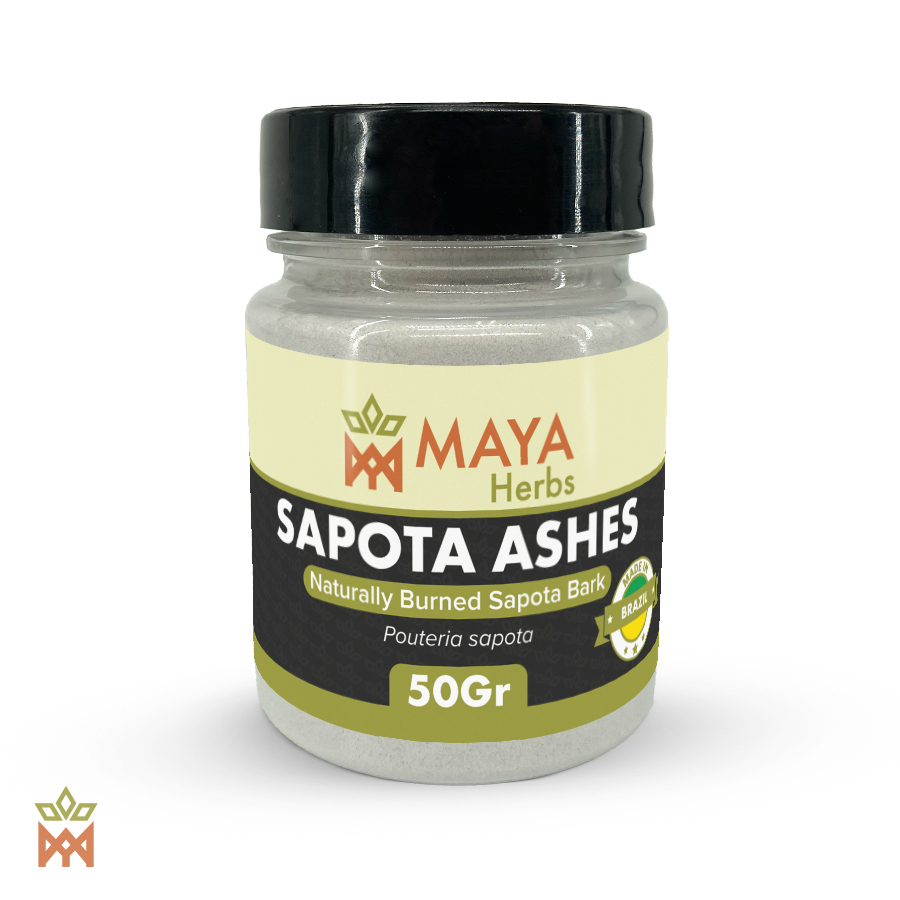
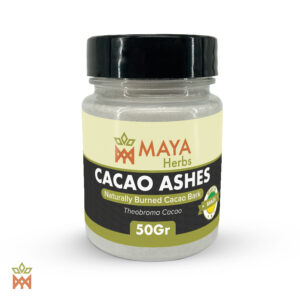


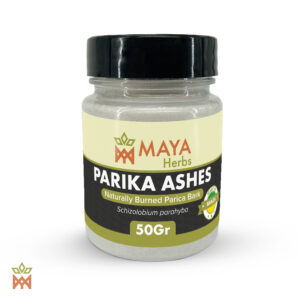
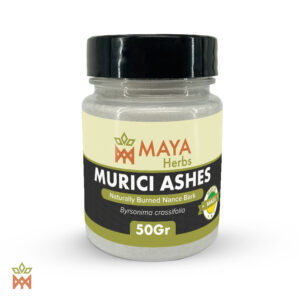
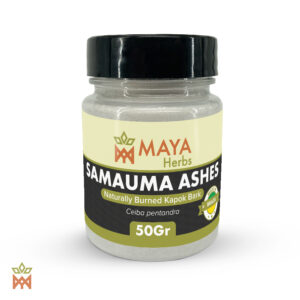
Reviews
There are no reviews yet.